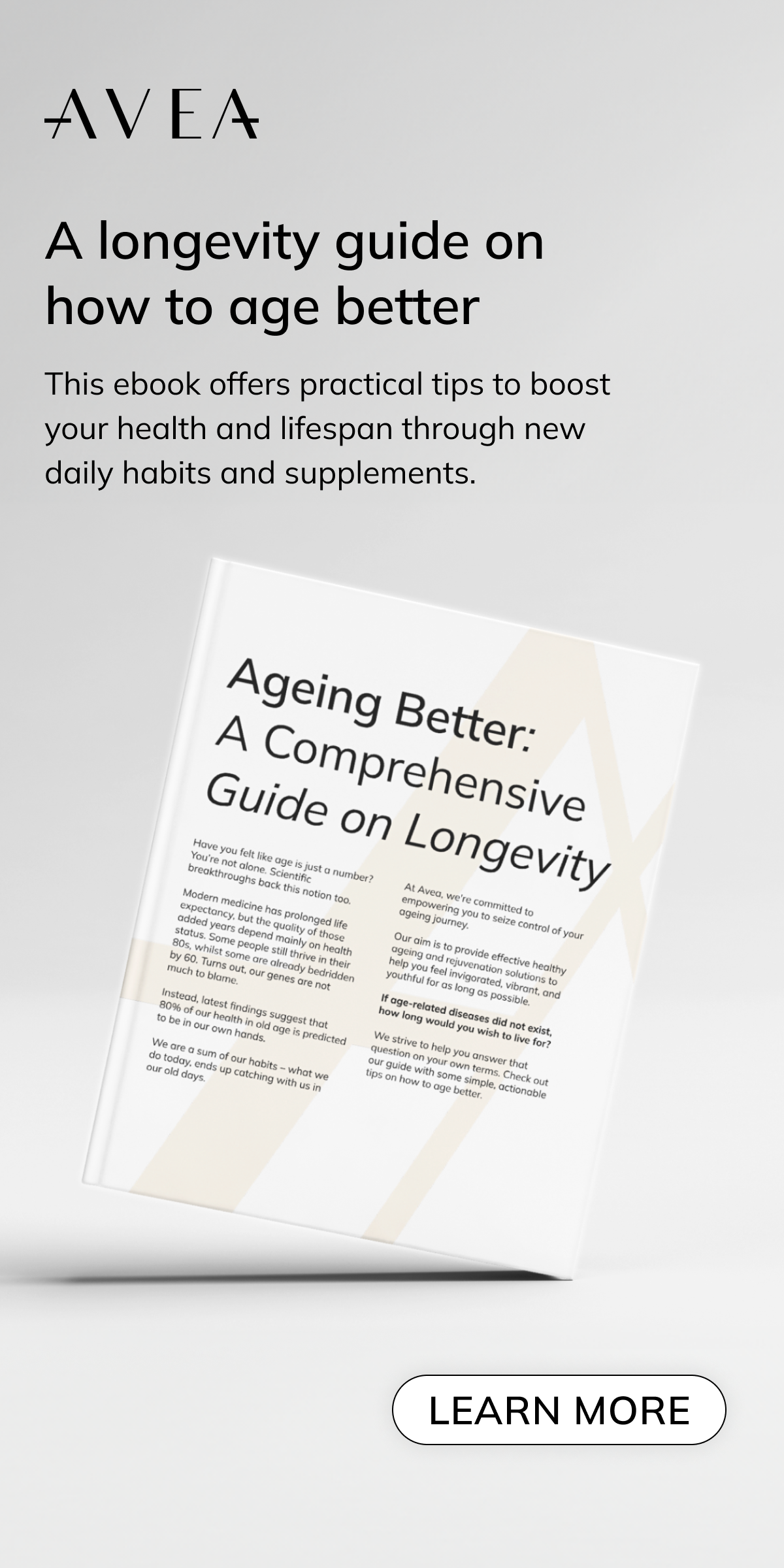Winter has come. The dark mornings, even darker evenings, and let’s not mention about the freezing temperatures – are you feeling the winter blues yet? You’re not alone…
In this article
Why am I feeling tired all the time in winter
Seasonal affective disorder (SAD) is not as rare as you might think. Research shows that SAD affects around 2 million people in the UK, and more than 12 million people across Northern Europe.
It’s a type of ‘’depression’’ that comes and goes in a seasonal pattern throughout the years, mostly known as the classic winter blues. As a result, many end up feeling more down than usual, having sleepless nights, binge eating, becoming easily irritated, or simply losing interest in their hobbies.
If you find yourself experiencing any of the symptoms mentioned above, but want to feel like yourself again, read on. This article describes the science behind the winter blues and how you can easily beat them!
A scientific overview of winter blues
Reduced sun exposure
Your cells genuinely miss the sun as much as you do. Sunlight exposure stimulates your hypothalamus, part of your brain that helps control your circadian rhythm, your body’s internal biological 24-hour sleep-wake clock. Circadian rhythms may become disrupted during winter due to the lack of sunlight.
As a result, your brain begins to produce more of the sleep hormone – melatonin – and release less of the ‘’happy’’ hormone – serotonin. This hormonal imbalance ends up having a noticeable effect on your energy levels, motivation, appetite, and overall mental state
Besides, levels of the sunshine hormone – Vitamin D – tend to be lowest during the winter season. Vitamin D deficiency has also been linked to depression, low mood, and an increased chance of seasonal affective disorder (SAD).
Long COVID-19
Around the world, symptoms of long COVID-19 are being observed, usually lasting at least 3 months after the onset of COVID-19. Whilst they cannot be explained by any alternative diagnosis, the symptoms include constant fatigue, depression, anxiety, or sleep and concentration functioning.
Thankfully, winter fatigue can be avoided!

At Avea, we are committed to helping you feel vibrant at all times. Find out our top 6 scientifically-proven tips to lift up your mood and help you stay hard-on motivated during the darkest days of the year.
Move your body
Research shows that a daily one-hour walk at midday could be as helpful as light treatment for coping with the winter blues. This will release mood-enhancing chemicals like serotonin and dopamine, setting you on the right track each day.
Get outside
Natural light is important for better sleep. As Prof.Dr Hubermann says: getting sunlight in your eyes first thing in the morning is critical for mental and physical health. It triggers a neural circuit that controls the timing of your stress and sleep hormones.
Take the AVEA Bundle
The Avea Bundle contains natural ingredients which work in synergy to improve your energy levels, optimise mental clarity and focus, enhance mood and sleep quality.
Our Booster & NMN is a powerful duo of high-quality, bioavailable ingredients that supports optimal NAD+ production, needed for optimal lasting cellular energy.

Eat whole foods, ditch the junk ones
Food is real medicine. Like Dr. Mark Hyman says ”Real whole foods contain information in the form of vitamins, minerals, carbohydrates, fats, proteins, fibres, and phytonutrients”, all having direct impact on our overall health.
Read more: How to choose the best anti-inflammatory diet?
Pick up a new hobby
Keeping your mind active with a new interest seems to ward off symptoms of SAD. Pick up a new hobby and keep yourself busy. These can range from dancing, singing, knitting, joining a gym, keeping a journal, or even writing a blog.
Read more: How to upgrade your mental health?
Get enough sleep
First things first. You should develop a sleeping routine if you don’t have one already, even during weekends. Sleeping schedules don’t get the attention they deserve.
In fact, irregular sleep has constantly been connected to bad moods and depression. Opt for 7–8 hours of sleep every night to feel more alert and productive during the day.
Besides, many of us do not realise that our consumption of substances like caffeine, sugar, or alcohol can disrupt our sleep and how we feel. Recognising their effects is crucial for improving our sleep.
A scientific overview to help fight winter blues
- Move your body, it’s the best natural anti-depressant.
- Get outside and get as much light as possible.
- Take energy suppliers, including supplements.
- Eat whole foods 90% of the time.
- Expand your hobbies, you’re talented.
- Get quality sleep for a sound mind.


